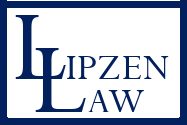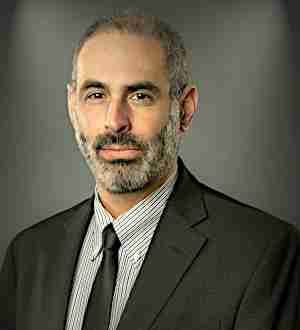Immigration Law
Immigration Law Services
Michael Lipzen is dedicated to helping individuals with his knowledge, experience, and care in each case – large or small. Lipzen Law handles a variety of immigration law issues – including family-based and employment-based visas.
Family Immigration: We assist families with visas and petitions for family members, future relatives, or adopted children.
Business and Employment-Based Immigration: There are many options to choose from. We assist clients in navigating the visa landscape – which can be overwhelming without the help of an experienced immigration attorney.
Attorney Lipzen has represented clients from all around the world including, Mexico, Great Britain, Canada; as well as countries from Central and South America.
Lipzen Law combines experience and professionalism to provide clients within the United States, and around the world, with the results they deserve.
Family-based Visas
I can help you sponsor your spouse, immediate relative, or fiancé.
Family-Based Immigration
Our law firm specializes in uniting families worldwide, and we make it our priority to facilitate what can be an overwhelming and emotional process.
Employment Based Immigration
EB1, EB2, EB3 Employment-based Visas
E1 and E2 Investor Visas for Business
P1 Visas – athletes or entertainers
R1 Visas – Religious workers
Inquire for other visas.
Naturalization
Lipzen Law has extensive experience helping people achieve the American Dream of becoming a United States Citizen.
Fiancé Visa
Our firm has a great deal of experience in this area. We can file an I-129f Petition for Alien Fiancé and visas for any children under 21 your fiancé may have.
Adjustment Of Status
Adjustment of status is legal long hand for what is commonly known as applying for a Green Card when present in the United States. Lipzen has you covered here.
Removal Of Conditions For Permanent Residents
A conditional permanent resident receives a Green Card valid for two years. Lipzen Law can help you to remove the conditions on your permanent resident status, allowing you to renew your green card.
U Visas
The U nonimmigrant status (U visa) is set aside for victims of certain crimes who have suffered mental or physical abuse. Congress created the U nonimmigrant visa with the passage of the Victims of Trafficking and Violence Protection Act (including the Battered Immigrant Women’s Protection Act).
Permission to Travel
I-131, Application for Travel Document – Use this form to apply for a reentry permit, refugee travel document, TPS travel authorization document, or advance parole document (including parole into the United States for urgent humanitarian reasons or significant public benefit).
Why Choose Lipzen Law
Attorney Lipzen has represented clients from all around the world, including Mexico, Great Britain, Canada, and countries from Central and South America. Lipzen Law combines experience and professionalism to provide clients within the United States and worldwide with the results they deserve.

14+ Years of Legal Experience
Texas and California
Immigration, Personal Injury, Estate Planning

Immigration Law, Personal Injury, Estate Planning
Schedule a Consultation
Attorney Lipzen offers competitive flat rates for immigration legal services, and lower contingency fees on injury cases than most of the attorneys in the Dallas Fort Worth (DFW) area. Do not hesitate to contact him today and get the legal assistance you need and deserve!